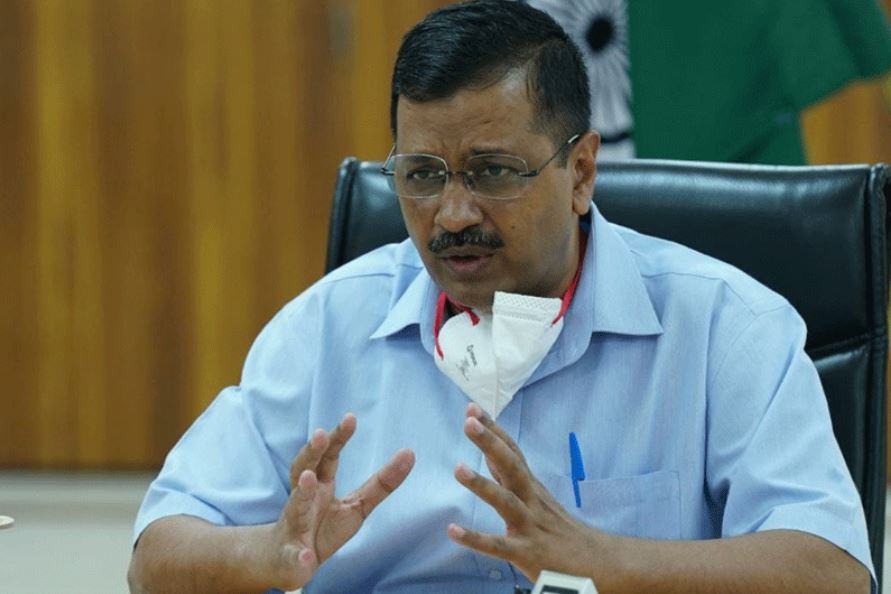Delhi fights Corona: 'We are four steps ahead of coronavirus,' says Arvind Kejriwal after launching mobile app
A mobile application has been launched in Delhi to provide information about hospital beds and ventilators for COVID-19 patients, Chief Minister Arvind Kejriwal said on Tuesday.

New Delhi: A mobile application has been launched in Delhi to provide information about hospital beds and ventilators for COVID-19 patients, Chief Minister Arvind Kejriwal said on Tuesday.
Also, for all information related to hospitals and beds, you can call on our helpline 1031. They will send you an SMS with the status of bed availability in Delhi hospitals: Delhi CM pic.twitter.com/DHn3B1Xlht
— ANI (@ANI) June 2, 2020
Also Read |
Corona In Delhi: Situation of COVID-19 cases in National Capital much better now, says Arvind Kejriwal
The mobile app "Delhi corona" can be downloaded on Google Play Store. People can also get information on www.delhifightscorona.in/beds or on the helpline number 1031.
Delhi has recorded over 20,000 cases of the novel coronavirus and cases keep increasing on a daily basis.
Also Read: Fighting Corona- Delhi govt demands Rs 5,000 cr from Centre
Addressing a press conference here, the Chief Minister said: "We are four steps ahead of coronavirus. Coronavirus cases in Delhi are increasing, but there is nothing to worry as we have made enough arrangements like beds, ICUs and ventilators in hospitals. There have been instances where people are complaining of a shortage of beds and medical facilities, so clearly there is a gap in information."
Also Read | CM Kejriwal: Delhi past peak of 2nd COVID-19 wave
"There are 6,731 beds in Delhi. There are only 2600 patients in hospitals that mean 4100 beds are vacant. We are launching an app which will provide information about beds vacant or occupied in government hospitals as well as private hospitals. It will also provide information about ventilators available," he said.
Kejriwal said that some states in India and across the world faced a shortage of beds, ventilators and healthcare infrastructure, which led to many deaths due to COVID
 Dynamite News
Dynamite News 